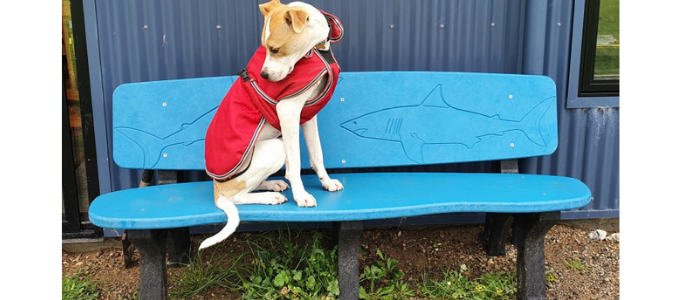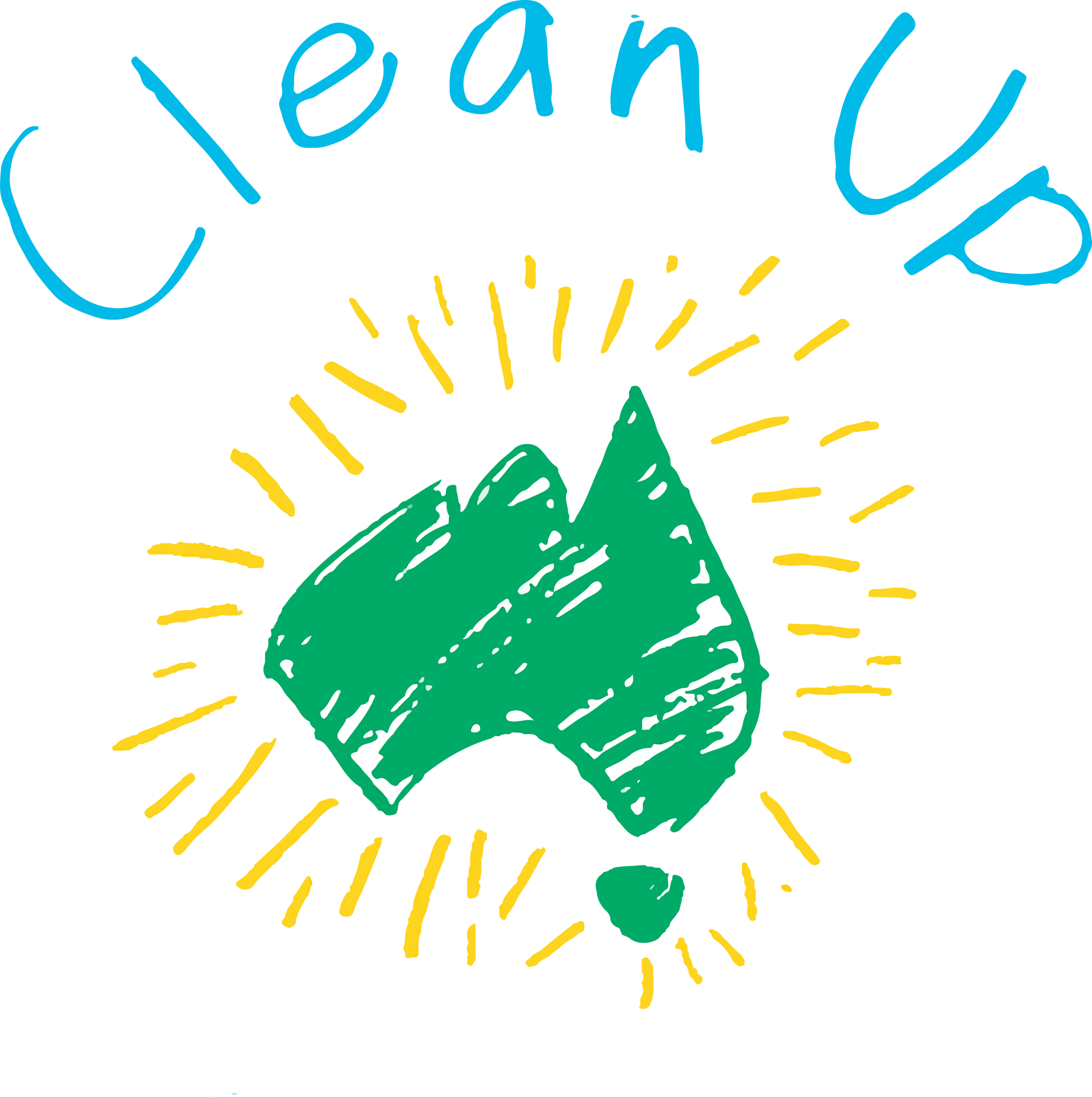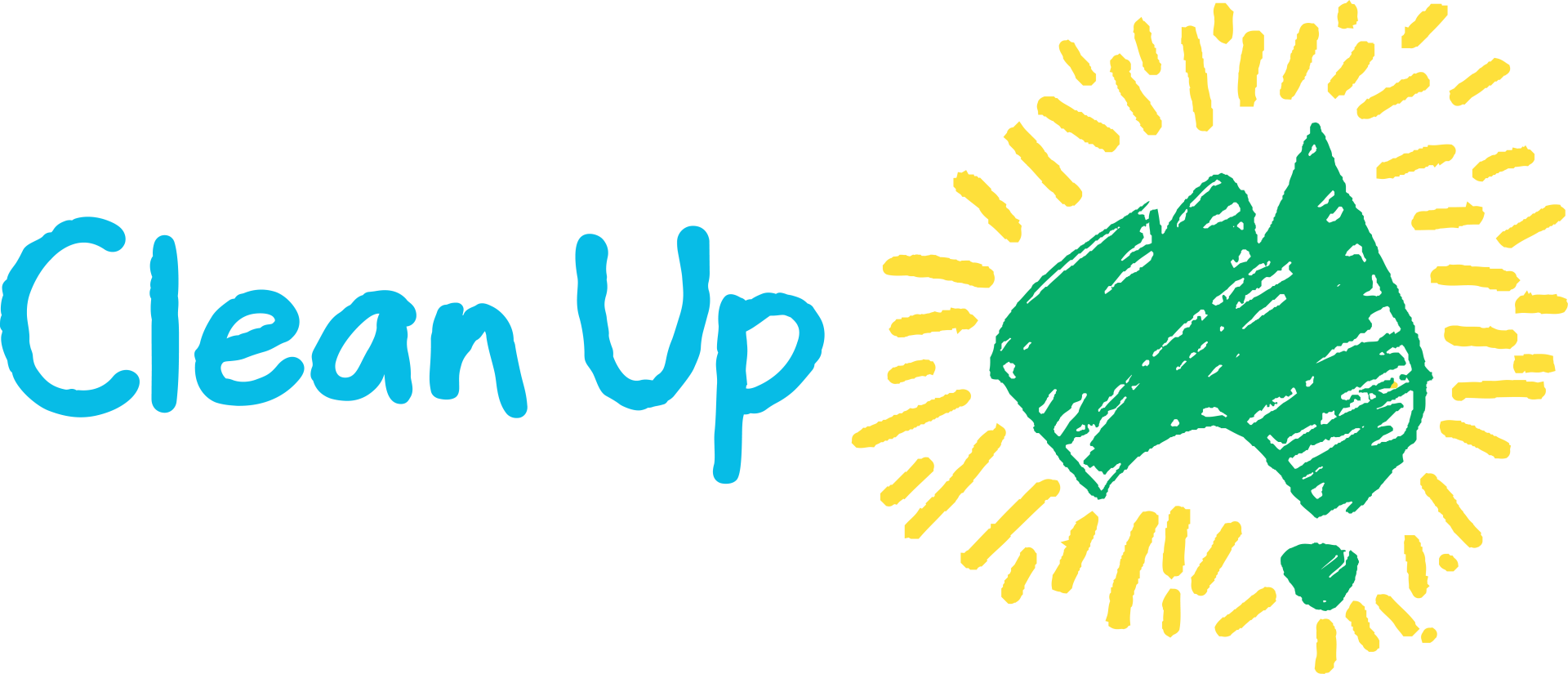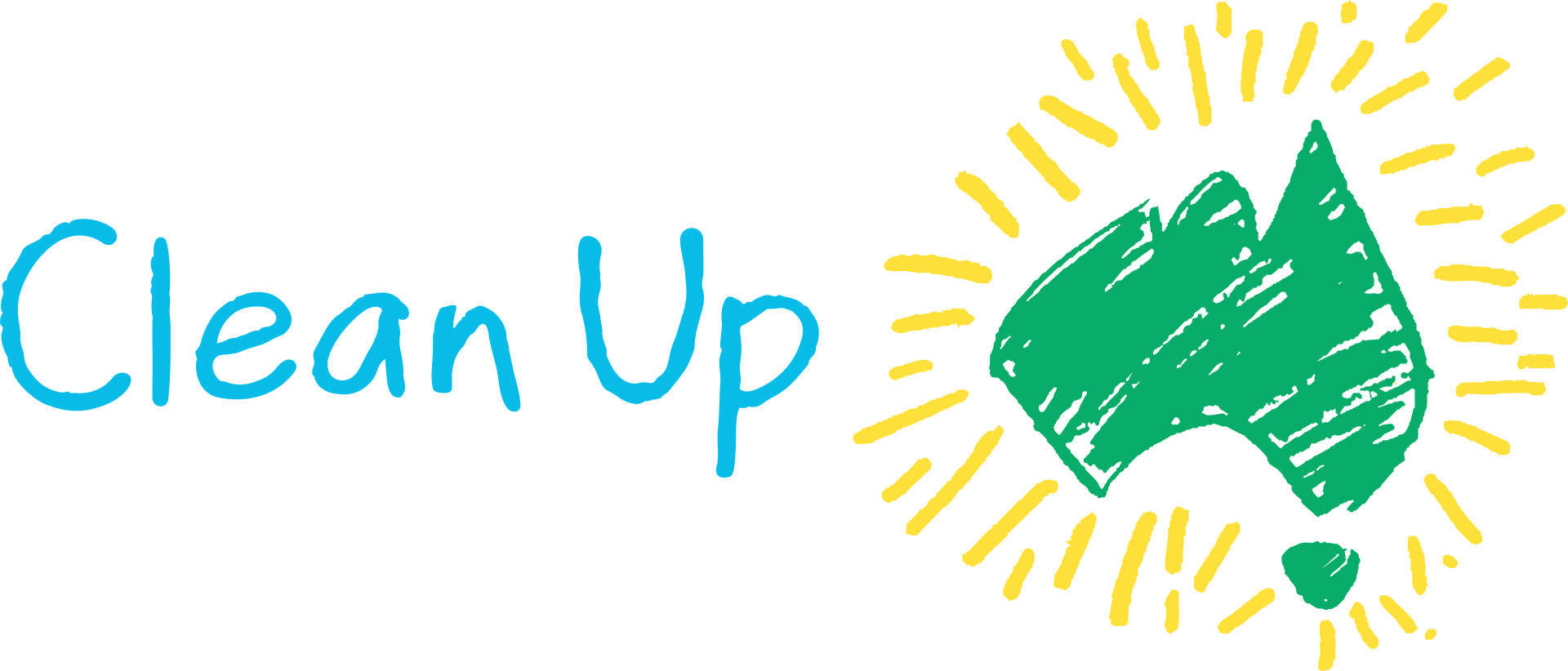From chip packet to park bench
by Lauren Bevilacqua
Soft plastic recycling beyond the bin

Waste problem or resource?
Plastics of all sorts were being produced long before we had a plan for reusing or recycling them. A study, published in Science Advances in 2017, stimates a mere 9% of all plastic ever made has been recycled. That means there’s an awful lot of plastic not being used or recycled and instead ending up in landfill or polluting the environment.
However, plastic doesn’t have to end up as waste. As Hannah Ritchie points out in her FAQs on Plastics for Our World in Data, plastics are also a valuable resource and essential in some industries, like food production. This view is shared by Mark Jacobsen, Managing Director at Replas and passionate promoter of the circular economy.
Replas aims to close the resource loop by, among other things, recycling soft plastic waste into plastic products such as picnic tables and bollards. These new products are made of 98% recycled plastic and can themselves be recycled into yet more products after their useful life. As an example, Jacobsen points to a boardwalk installed at Seaport in Launceston, Tasmania, where off-cuts from the installation were returned to Replas and recycled into seating to accompany the boardwalk.
How soft plastics recycling happens
So how does your chip packet or other soft plastic packaging find a new life as a boardwalk or park bench? One important step in the process is separating, collecting and recycling our soft plastics. In Australia, RED Group runs the REDcycle program by partnering with supermarkets willing to act as collection points.
You can drop off soft plastics like frozen vegetable packets, bread bags or even bubble wrap. REDcycle then collects the returned plastic and sorts it to remove any overly soiled, damaged or wet materials before sending it to manufacturing partners like Replas to use in new products.
Once the material arrives at the Replas facility, located in central Victoria, it is cleaned and shredded before being processed into pellets. Using state-of-the-art technology and robotics, these plastic pellets are then transformed into hundreds of new products. Many of these are purchased by the companies whose products came in soft plastic packaging, as well as by local councils, schools and other organisations.
What makes soft plastic recycling successful?
Since it began, REDcycle reports that the program has collected over 900 million pieces or 3,600 tonnes of soft plastic. That’s a lot of ordinary people making the effort to collect their soft plastic waste and drop it off at a REDcycle location. While the uptake of soft plastic recycling by consumers is making a difference, there is more that can be done to achieve true recycling success.
So what is the key to success in soft plastics recycling? “Passionate collaboration,” Mark Jacobsen explains. “[It’s] the number one thing that makes this work.” That includes collaboration between recyclers like Replas and partners like REDcycle as well as consumer participation, but also means industry investment in developing products that can be readily recycled and purchasing recycled plastic products.
How to help
Reducing your soft plastic consumption and reusing soft plastics where you can is a great first step to responsible resource use, but what about recycling? Here are some practical suggestions we can all do to make a difference:
- Collect your soft plastic waste items and drop them off at a REDcycle location. REDcycle provides helpful guides on what can be recycled and where to drop soft plastics off for recycling.
- Get informed about plastic recycling. The Replas Environmental Centre is the largest plastic recycling education centre in the southern hemisphere and runs educational programs and tours for all kinds of groups, including schools, councils, industry and community groups, as well as individuals.
- Purchase recycled plastic products! Think about what you buy and send a message - we can support solutions which move us towards a circular economy, where everything is a resource, and there is no such thing as waste. Replas sells products for your home and garden, while councils, schools, universities, sporting and community groups are just some of the types of organisations that can use recycled plastic products like outdoor furniture, bollards, decking and signage. If you’re part of an organisation like this, consider prioritising recycled plastic products where you can. Even if you’re not making the purchase, let your local council, businesses and other organisations know that choosing a recycled product is important to you.
- Help spread the word! If you know of any companies producing recycled content products, let them know about the BUY RECYCLED initiative and suggest they complete our Listing Form.
What will you do to reduce, reuse and recycle your soft plastics? Even small steps can make a difference.
Step Up by sharing a pledge and tagging us @cleanupaustralia #stepuptocleanup
Lauren Bevilacqua is a writer and editor interested in living sustainably, solving problems and telling stories that matter.
Search for other blog topics:


